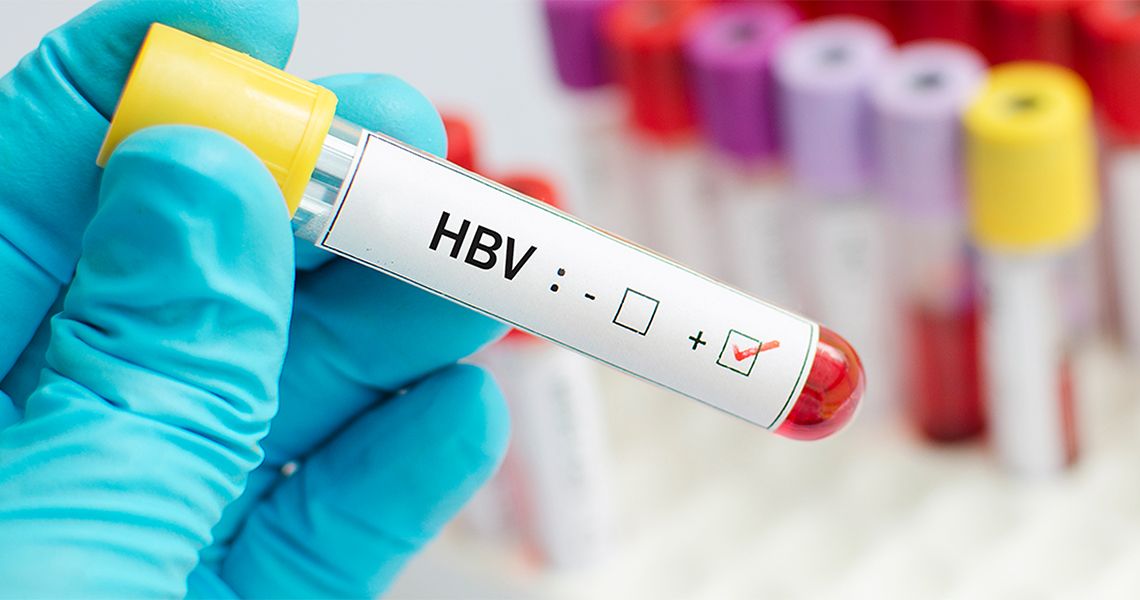An estimated 850,000 to 2.2 million people in the United States are living with Chronic Hepatitis B. A research team from the George Washington University (GW) received a $1.5 million grant from the Office of Minority Health of the U.S. Department of Health & Human Services (HHS) to reduce and evaluate liver diseases attributable to Hepatitis B virus (HPV) through screening, vaccination and follow-up in the Washington, D.C./Baltimore metro area.
The team is led by Y. Tony Yang, ScD, LLM, MPH, executive director of the Center for Health Policy and Media Engagement at GW's School of Nursing and a professor of health policy and management at GW Milken Institute School of Public Health (Milken Institute SPH). Yang is also a member of the GW Cancer Center.
The researchers will test the implementation of comprehensive, culturally competent community-based Hepatitis B education, screening, vaccination and treatment programs in disadvantaged as well as racial and ethnic minority communities. The program was created with the HHS Office of Infectious Disease and HIV/AIDS Policy and the Centers for Disease Control and Prevention (CDC), National Center for HIV/AIDS, Viral Hepatitis, STD, and TB Prevention, Division of Viral Hepatitis.
The goal is to identify best practices that can be adopted by other government, community and private organizations to help reach HHS' ultimate goal of ending HBV transmission. The research team will focus on people born in countries where HBV infection is endemic; U.S.-born persons not vaccinated as infants whose parents were born in countries with a very high prevalence of HBV infection; household contacts or sexual partners of persons with HBV infection; and infants/children/adolescents who might otherwise go untreated.
"Hepatitis B, responsible for half of all deaths from liver cancer and a third of all deaths from liver cirrhosis, is a hidden threat both to public health and to patients themselves," Yang said. "Tools and strategies are needed to prevent and treat it. It's time to build capacity for scale-up HBV vaccination, testing and linkage to care services and surveillance to advance progress toward national Hepatitis B elimination goals."
This announcement was provided by the Milken Institute School of Public Health.
###
About the GW Cancer Center
The George Washington University (GW) Cancer Center is a collaboration of the George Washington University, the GW Hospital and the GW Medical Faculty Associates to expand GW’s efforts in the fight against cancer. The GW Cancer Center also incorporates all existing cancer-related activities at GW, with a vision to create a cancer-free world through groundbreaking research, innovative education and equitable care for all. Learn more about the GW Cancer Center at gwcancercenter.org.




